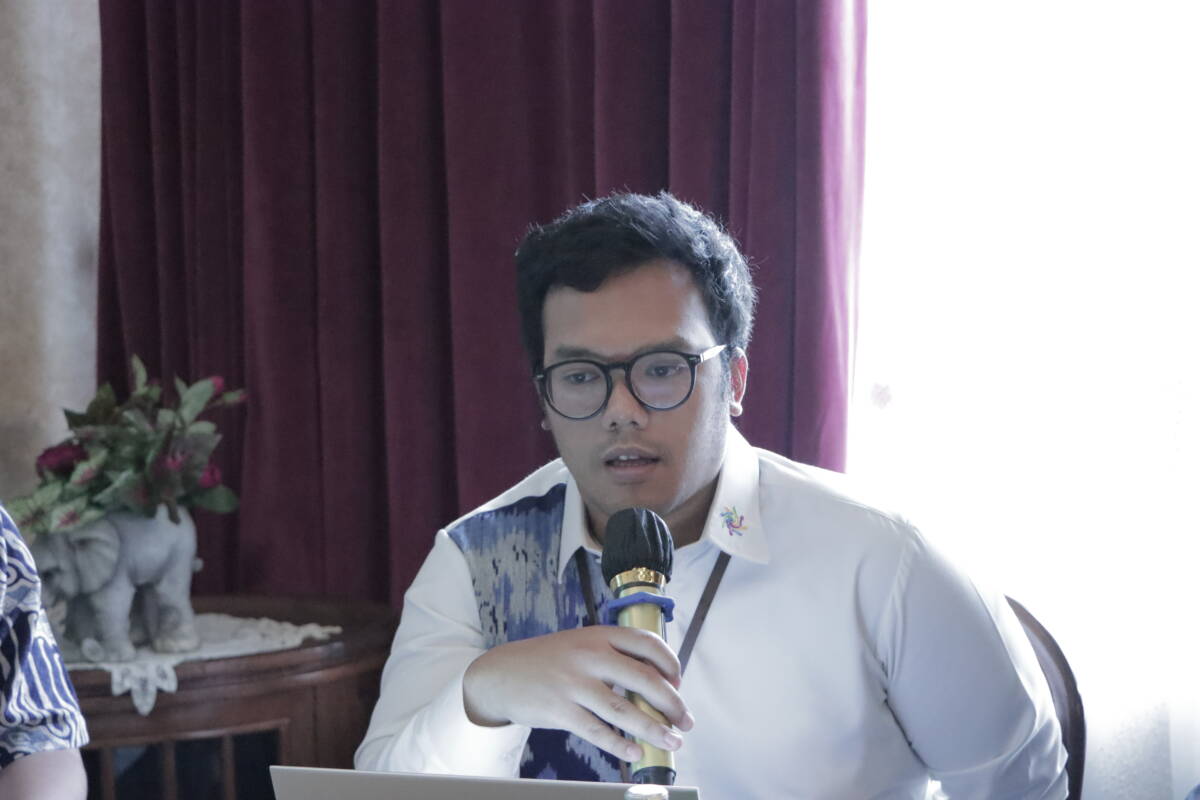Jakarta, August 14, 2024 – In an effort to support a rapid energy transition and build a green industry, the development of an integrated solar power supply chain is a necessity. This was revealed by Marlistya Citraningrum, Sustainable Energy Access Program Manager, Institute for Essential Services Reform (IESR) during the Indonesia Solar Summit 2024 Media Luncheon on Tuesday (13/8/2024).
“The popularity of solar PV in the community cannot be separated from the development of the last five years where there are several policies issued and narratives that develop through the news. In order to encourage the development of solar energy, the Indonesia Solar Summit (ISS) was held again because we see the need for momentum and support from all parties. At ISS 2022, there was a commitment declaration of 2.3 GW of solar PV project pipeline until 2025, and at this year’s ISS, we invite these collaborators to accelerate the utilization of solar PV in Indonesia,” said Marlistya.
Alvin P Sisdwinugraha, Electricity and Renewable Energy Analyst, IESR stated that the production capacity of solar modules in Indonesia is getting higher, but it needs to compete with imported products. This can be seen from Indonesia’s module production capacity as of June 2024 which reached 2.3 GW per year, and has the potential to increase to 19 GW per year before 2030 based on IESR analysis.
“For this reason, the supply chain of solar module materials must be encouraged to grow with production according to solar PV specifications. Based on IESR’s analysis, one of the factors inhibiting the supply chain of solar module materials is low domestic demand. For example, changes in regulations related to rooftop solar power plants cause uncertainty, with a total capacity addition of only 1.6 GW until 2028 based on the quota of the Minister of Energy and Mineral Resources Regulation (Permen) No. 2 of 2024,” Alvin added.
Arya Rezavidi, Principal Expert Engineer at the Center for Energy Conversion and Conservation Research of the National Research and Innovation Agency (BRIN) emphasized that currently large-scale solar power plants still use imported modules and the unavailability of the upstream solar module industry, where domestic solar cell factories are only limited to the printing cell stage. In addition, the availability and capability of the domestic solar PV component support industry is still limited.
“With these conditions, several steps need to be taken in accelerating the development of solar energy. First, there is a strong political will, a rational and targeted national target. Second, a policy and regulatory framework that is supportive, consistent and has clear derivatives. Third, support from various stakeholders other than the Ministry of Energy and Mineral Resources and local governments, especially the coordination of BRIN as an accelerator and intermediator in utilizing research and technological innovation. Fourth, optimization of investment mobilization, both government and local government, as well as the private sector,” Arya said.
On the other hand, Wilson Kurniawan, Chief Financial Officer of PT Trina Mas Agra Indonesia, said that the solar cell and module industry needs various other support from the government. For example, to accelerate the supply chain of the solar panel industry, it at least requires support in the form of special fiscal incentives, and clarity of specifications and certification of solar panel class components.

